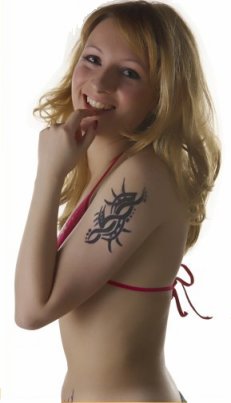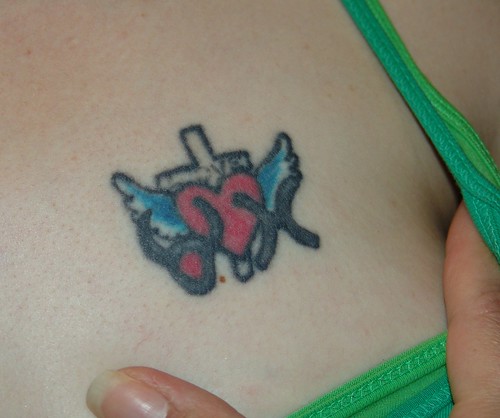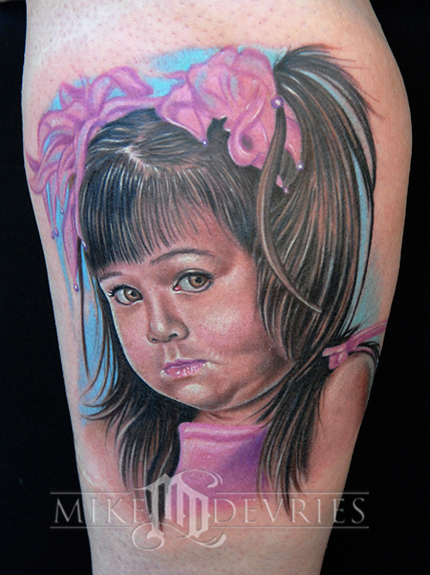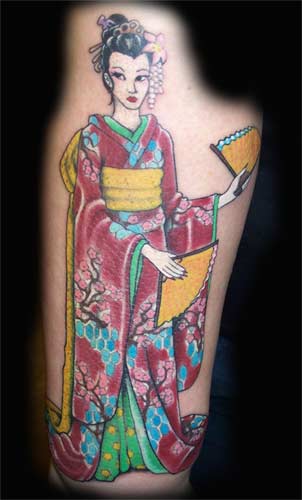Maori tattooing would usually start at adolescence, and was used to celebrate important events throughout life. The first tattoo marks the transition from childhood to adulthood and was done during a series of rites and rituals. Tattoo art was an important part of the Maori culture – in fact, people without tattoos were considered to be without status or worth.
Needless to say, tattooing by making incisions with a chisel was a painful process, but traditional Maori tattoos were meant to be more than decorative – they were a show of strength, courage and status. Both men and women were tattooed, though women substantially less (maybe because there was less of a need for them to show courage) and on other places (usually the lips and chin).
The process of Maori tattooing was a ritual, with music, chant and fasting – in fact, fasting was more or less a necessity, because the face would swell up from the wounds caused by the tattooing process!
The tattoo specialists in the Maori culture were usually men, although there are some women who also were tohunga ta moko (moko specialists).
Needless to say, tattooing by making incisions with a chisel was a painful process, but traditional Maori tattoos were meant to be more than decorative – they were a show of strength, courage and status. Both men and women were tattooed, though women substantially less (maybe because there was less of a need for them to show courage) and on other places (usually the lips and chin).
The process of Maori tattooing was a ritual, with music, chant and fasting – in fact, fasting was more or less a necessity, because the face would swell up from the wounds caused by the tattooing process!
The tattoo specialists in the Maori culture were usually men, although there are some women who also were tohunga ta moko (moko specialists).

Maori tattoos

Maori tattoos

Maori tattoos






 Girl Tattoos
Girl Tattoos Girl Tattoos
Girl Tattoos Girl Tattoos
Girl Tattoos Girl Tattoos
Girl Tattoos Girl Tattoos
Girl Tattoos Girl Tattoos
Girl Tattoos Girl Tattoos
Girl Tattoos
 Christina Aguilera Tattoo
Christina Aguilera Tattoo Christina Aguilera Tattoo
Christina Aguilera Tattoo Christina Aguilera Tattoo
Christina Aguilera Tattoo Christina Aguilera Tattoo
Christina Aguilera Tattoo